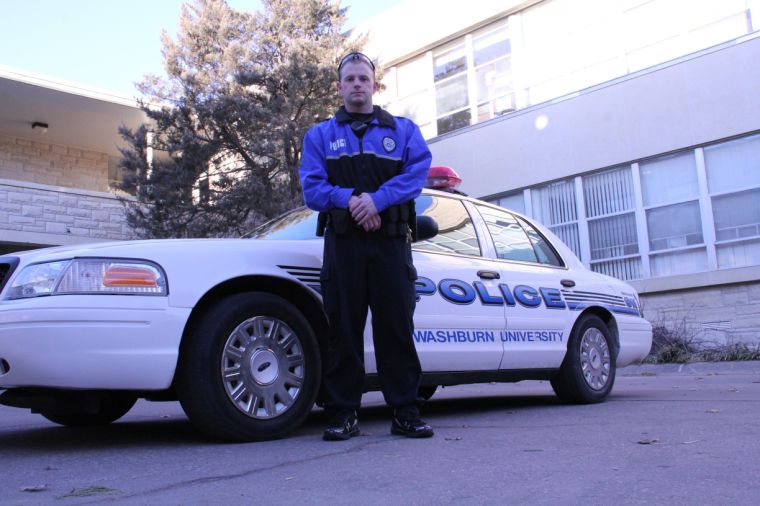University plans for crises with student’s safety in mind
February 23, 2011
Students can rest safe. Washburn University has developed a new security plan in the case of an emergency.
The operations plan will provide directions for police and other departments in the event of any potential disasters.
Newly codified procedures will allow university officials and police a clear mode of dealing with events such as natural disasters, fires, attacks on students or other situations that would interfere with normal proceedings.
“It would be hard to project what type of crisis might affect the university,” said Darrell Dibbern, director of risk management and safety at Washburn. “I’m sure everything isn’t on there, but the document is in place where your command structure on campus can function for any type of an event. “
The work, officially known as the Emergency Operations Plan, provides methods for cross-organizational interaction. The plan describes which departments to call, how to notify students and faculty, contacts for outside departments such as the police, and other necessary steps in the event of a disaster.
The plan goes into even further detail than immediate response. The university has specific steps to recover from potential interruptions in its ability to operate normally.
“Response and emergency management are laid out if we have an incident,” said Dibbern. “If we need to look 48[hours], 72[hours], weeks or even further out we can see what we need to do to recuperate and get classes back in order. “
The need for a clear and concise emergency operations plan was highlighted in the wake of the 2007 Virginia Tech massacre that ended with the deaths of 33 individuals. Virginia Tech received criticism due to the slow response times and failure to properly notify students of the danger. With the use of a proper emergency operations plan, university officials at Washburn and other schools hope to help prevent disasters such as what occurred in Virginia.
Washburn has not suffered due to the lack of a structured plan, and the focus on preventative measures aims to keep it that way.
“I like to look at like a kind of superstition, that by saying as long as we have one we will never need it,” said Dena Anson, director of university relations at Washburn. “I just think that it is good management that we attempt to be prepared for whatever might happen.”
Plans prior to this latest effort had existed without much formal campus-wide definition. The policies had existed were somewhat outdated, failing to take into account the increased utilization of technology such as cell phones and email, according to Anson.
Administrators are now able to send text alerts, emails, Facebook updates and website banners in the event of weather emergencies or other disasters.



